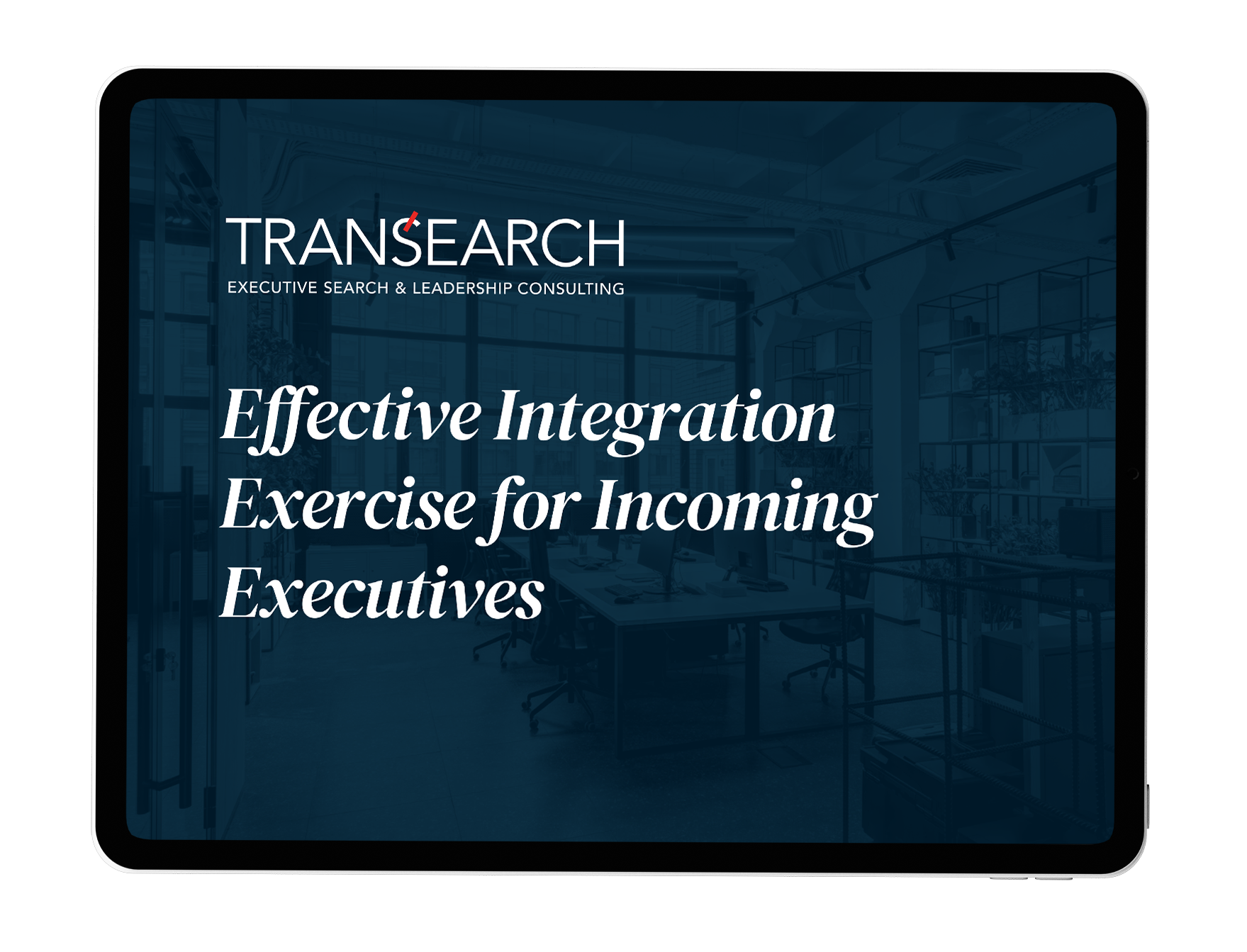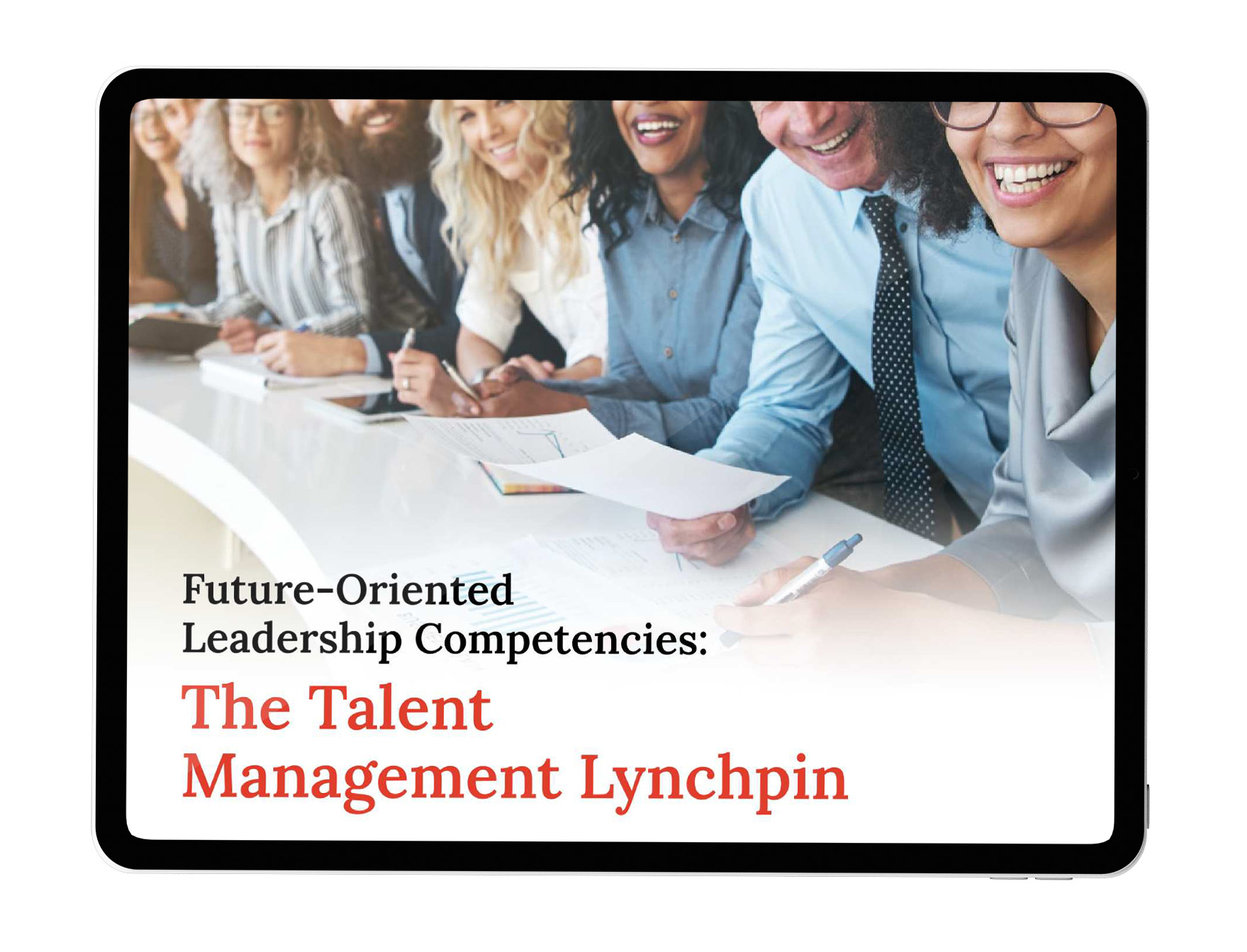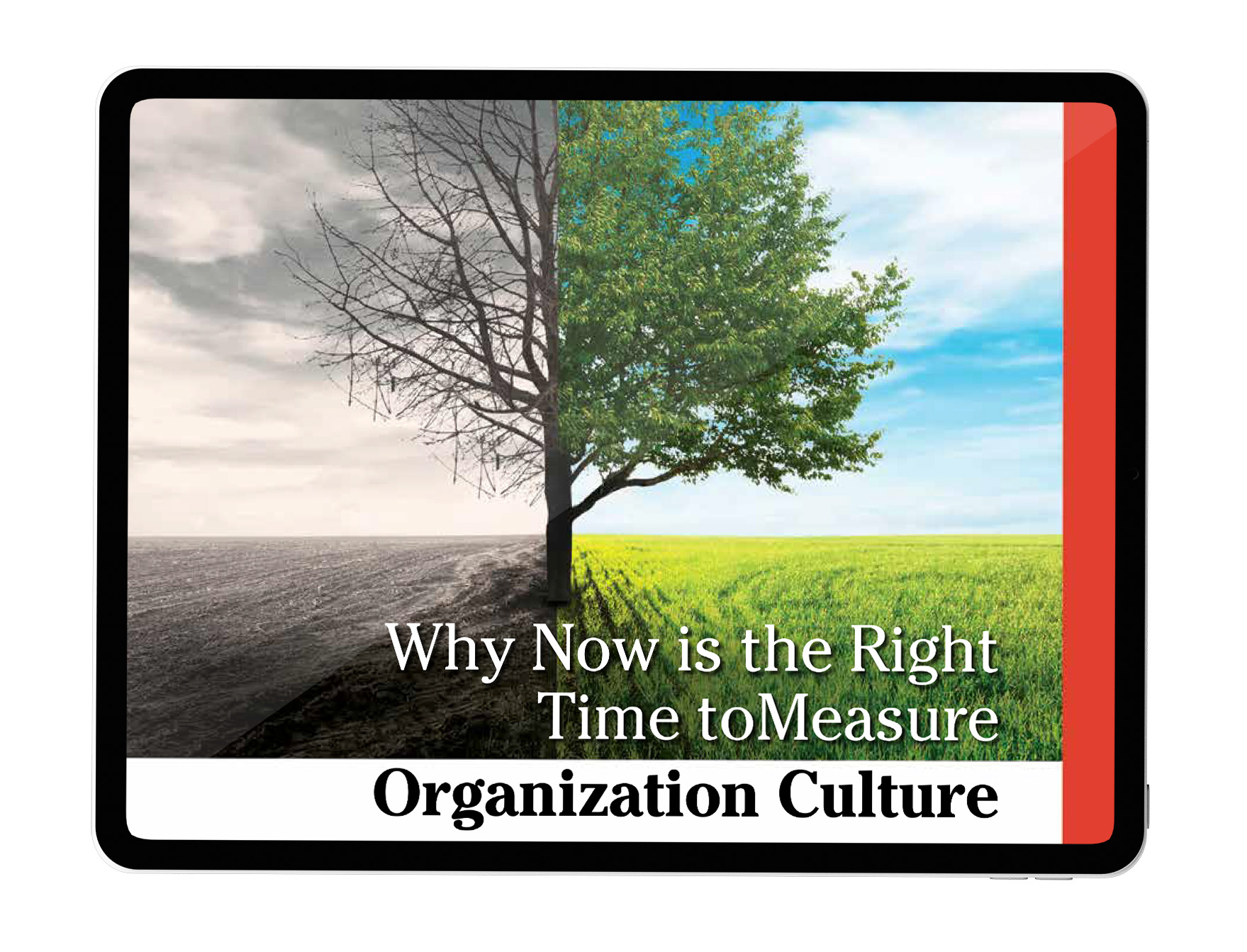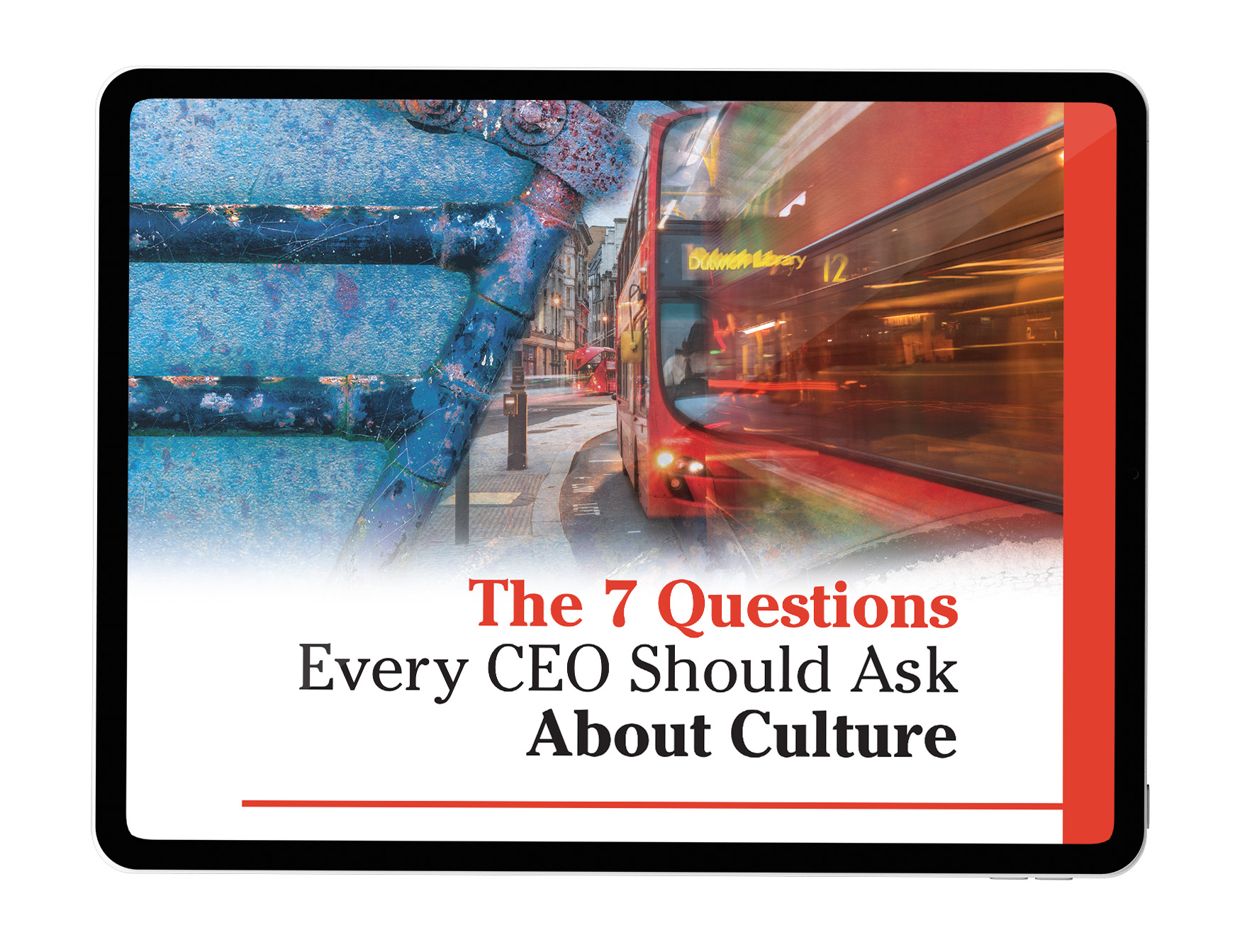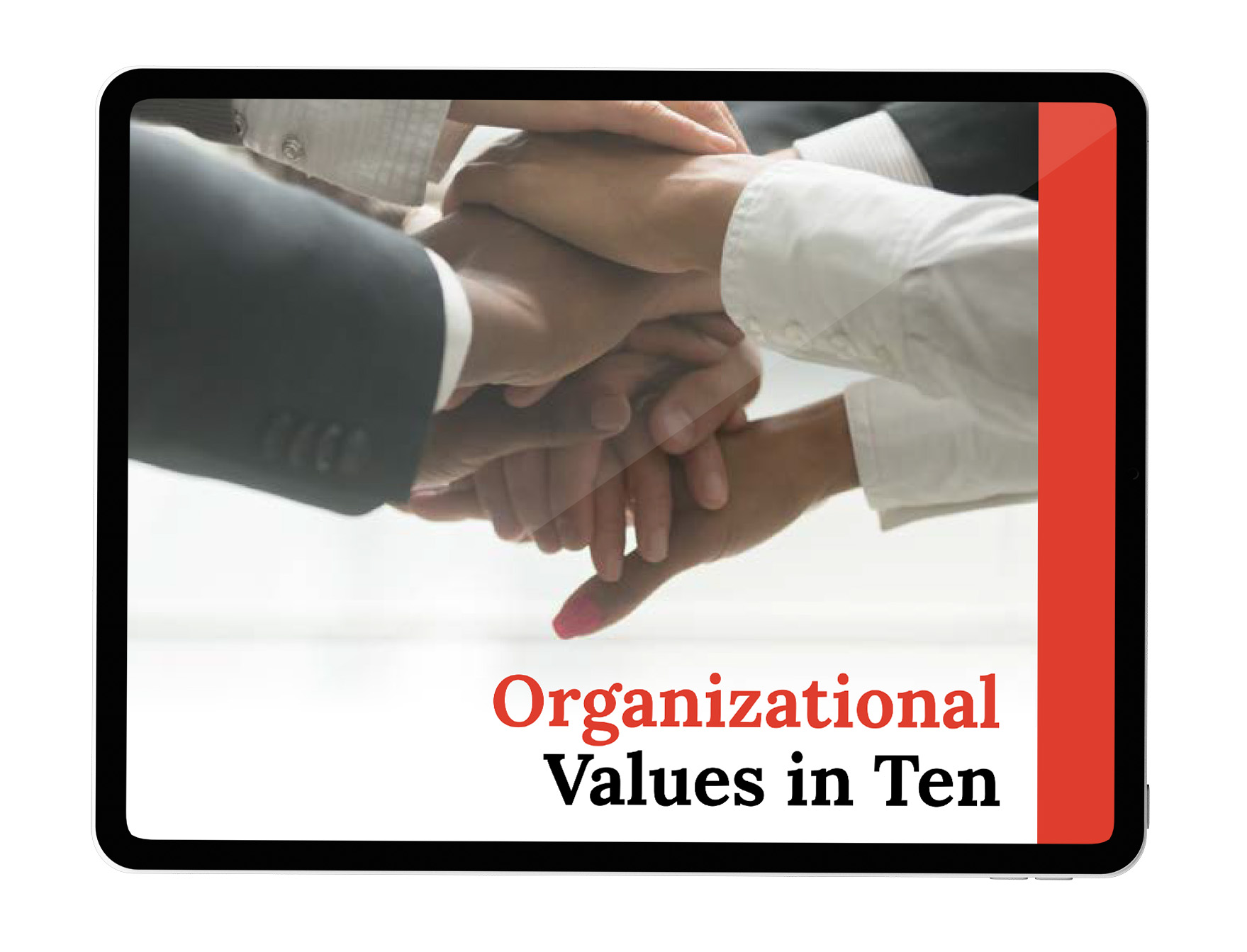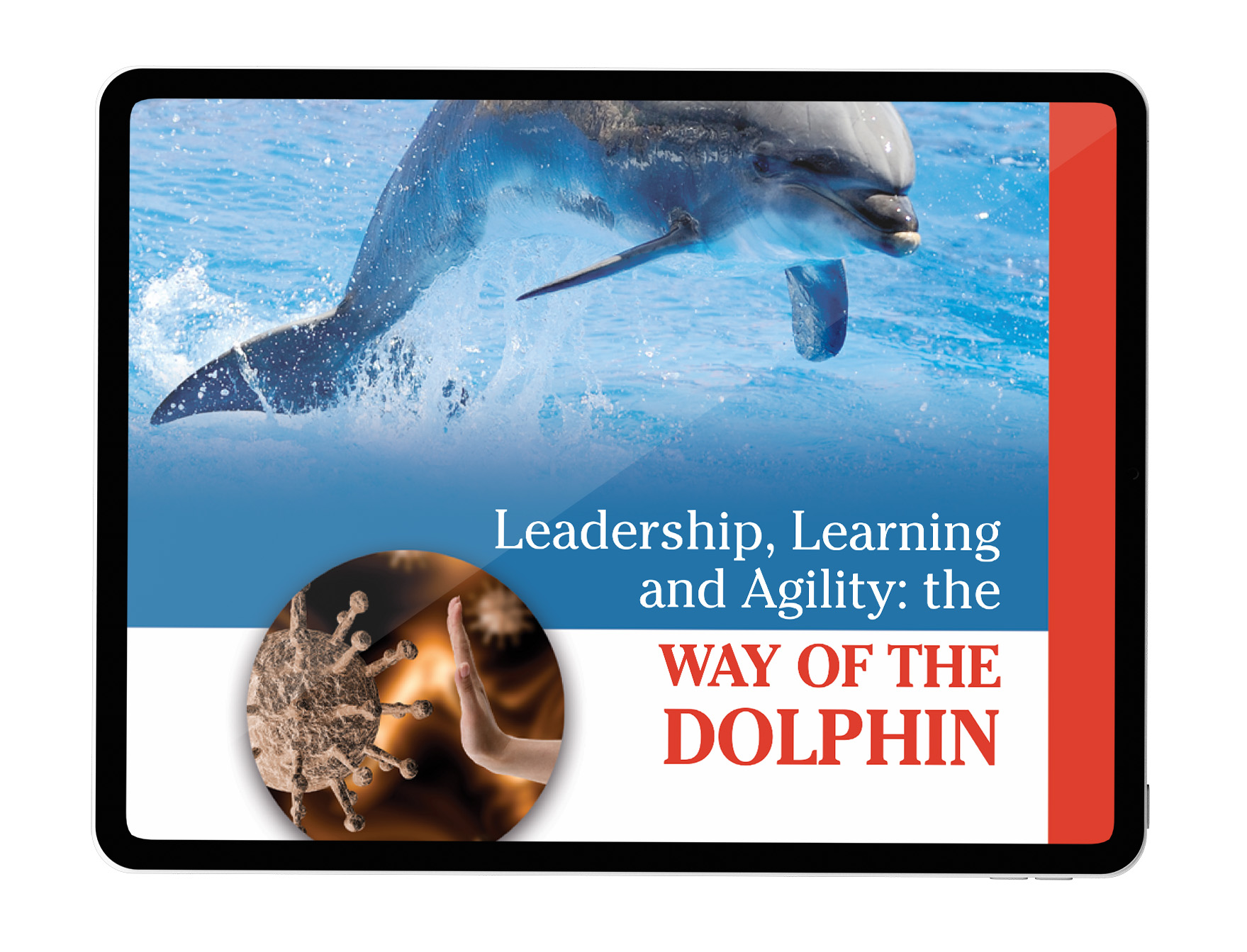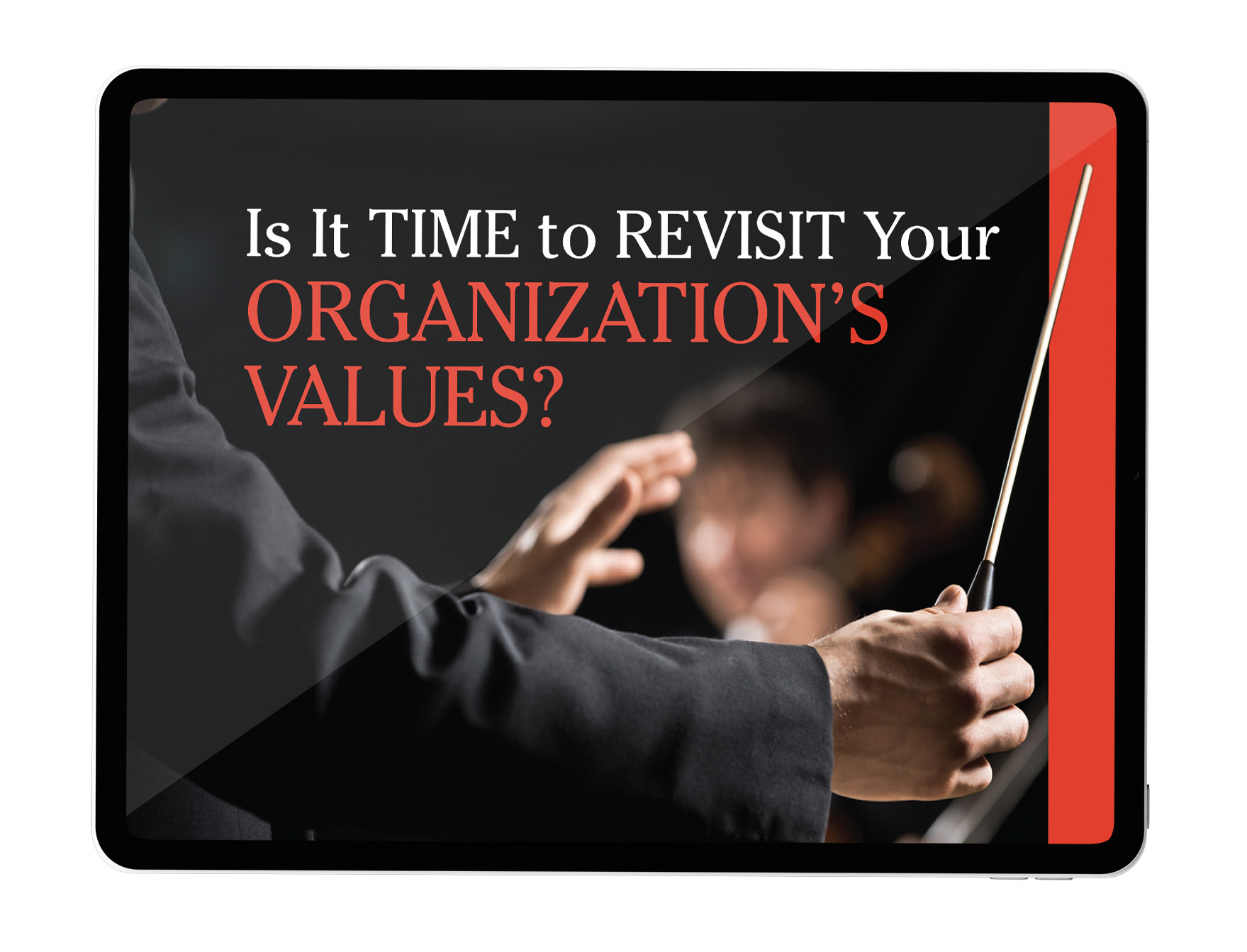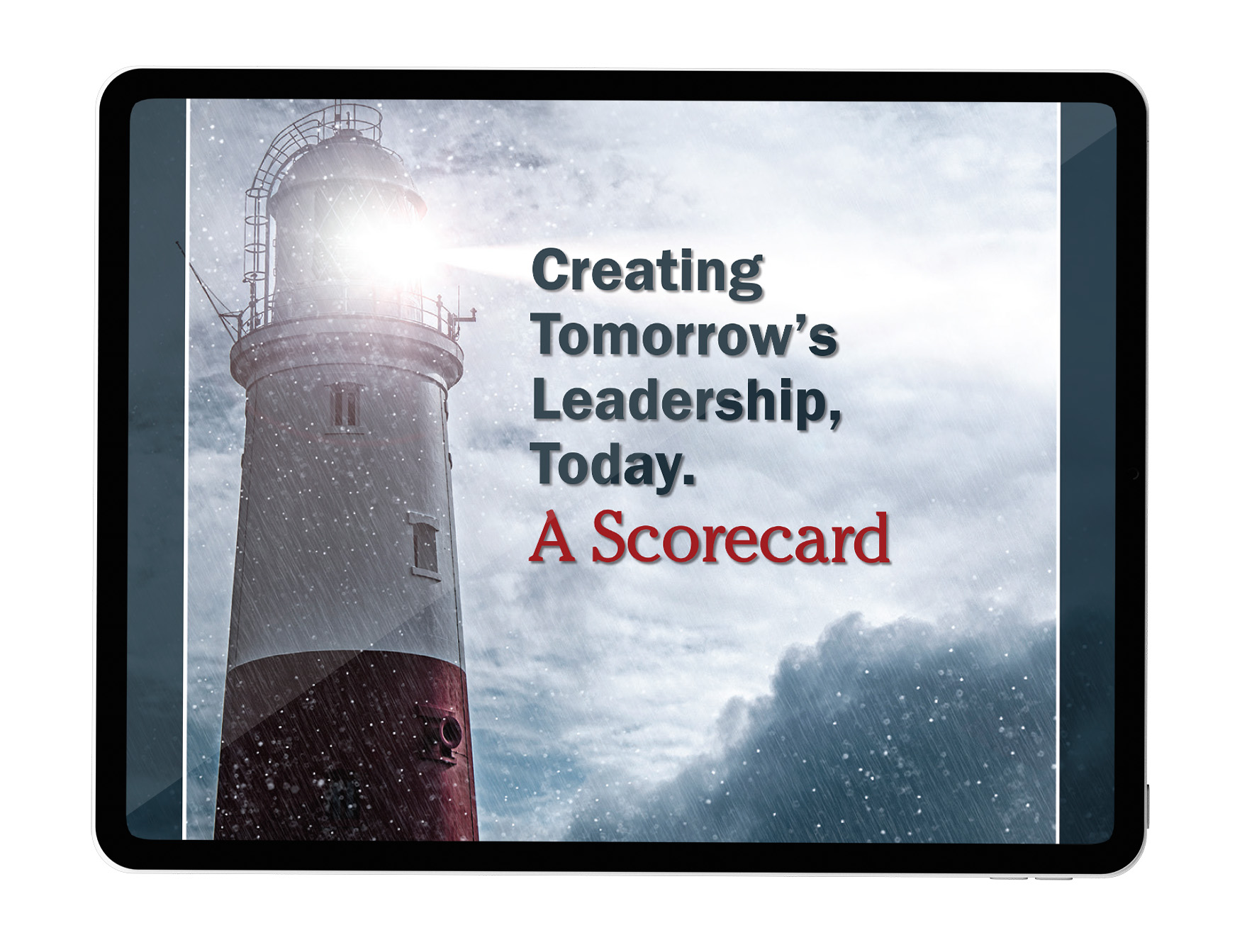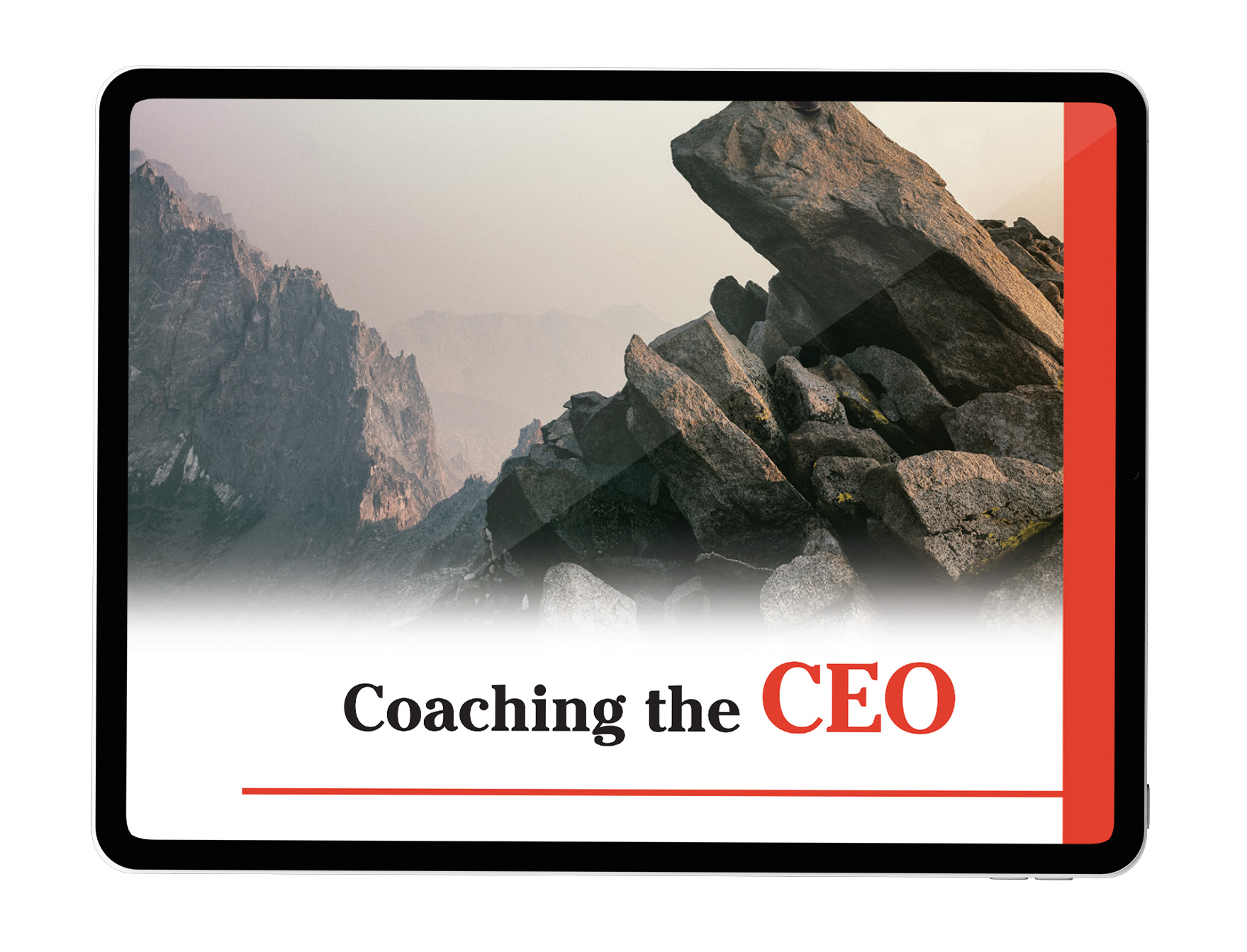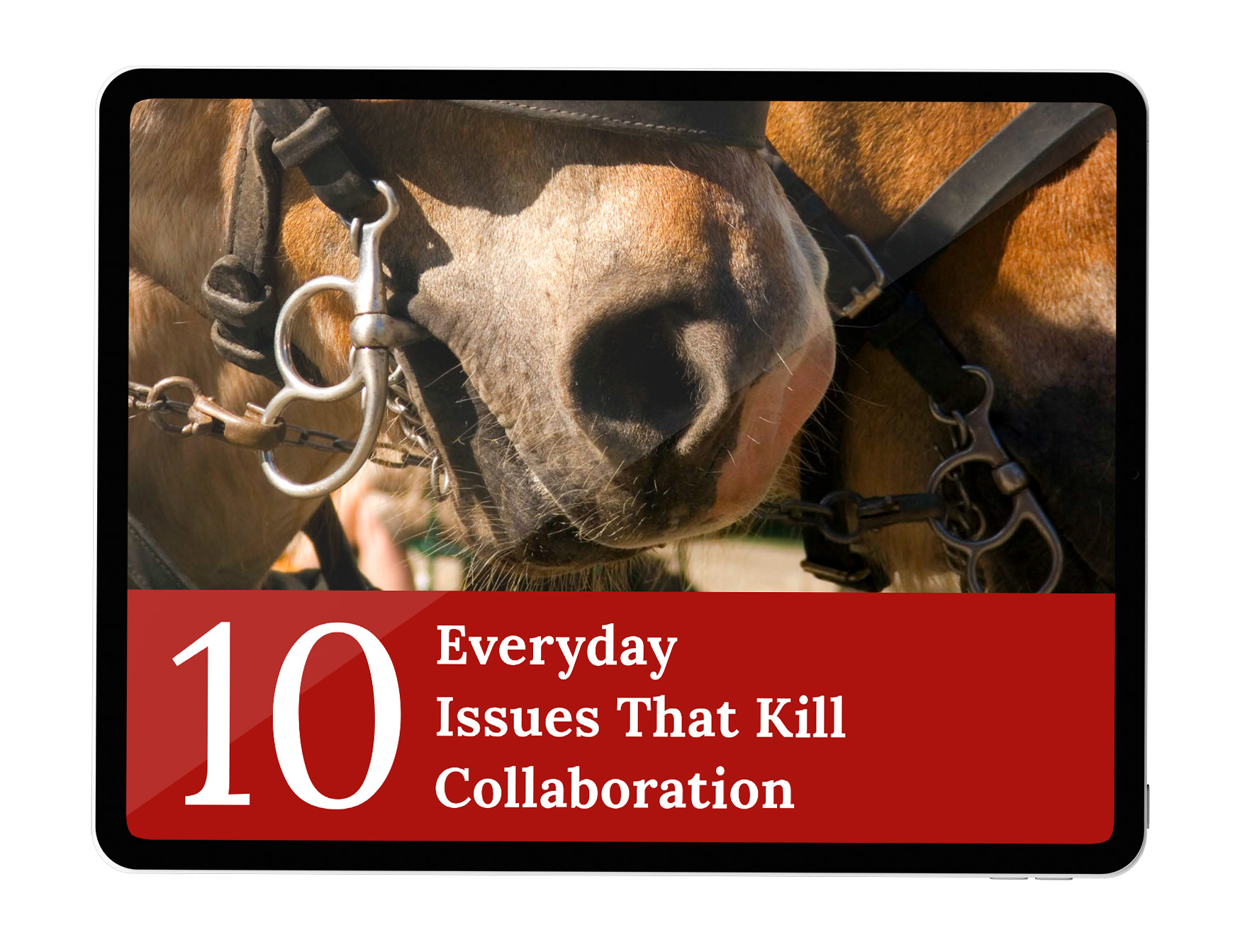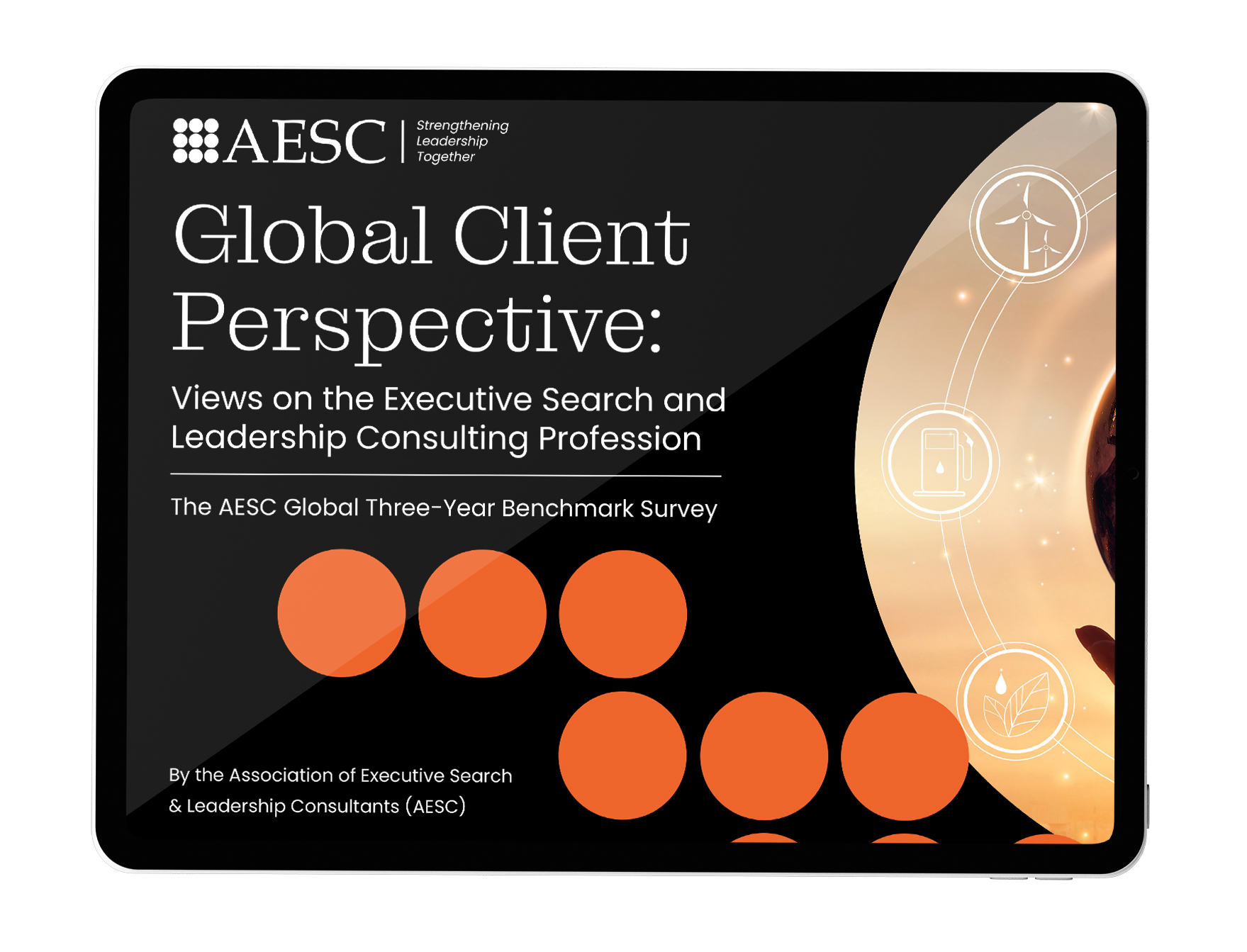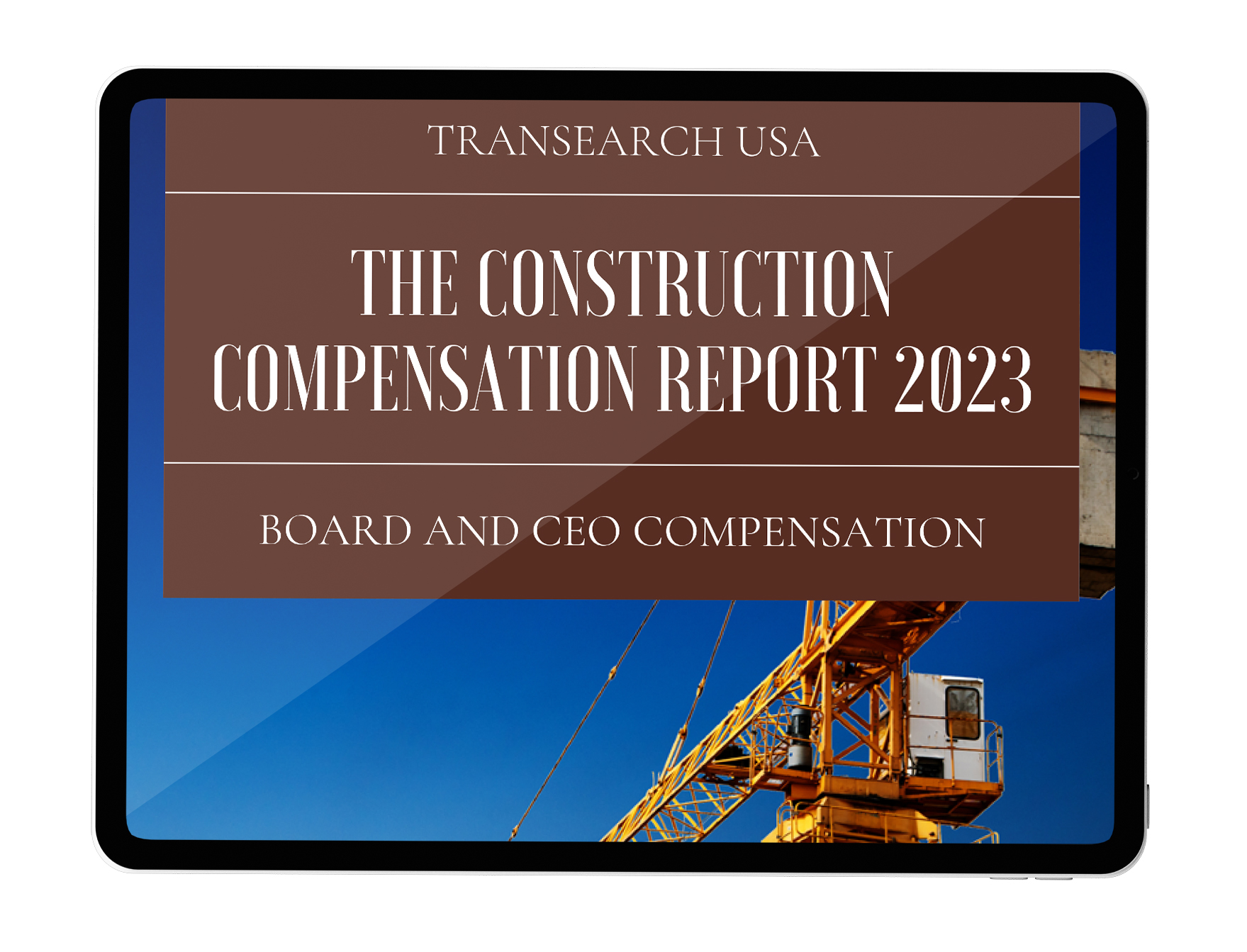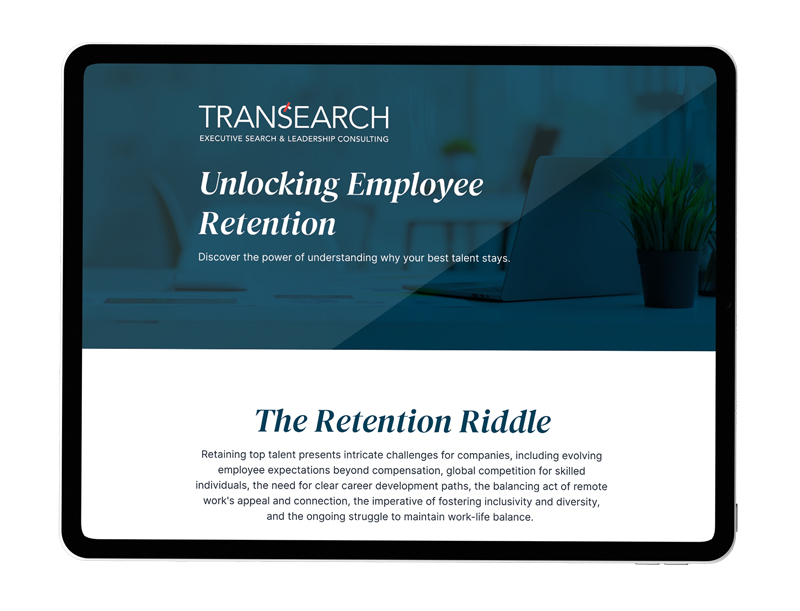When building a high-performing team, you face the critical question: Should you prioritize technical expertise or management capabilities in your hiring decisions? The answer lies in aligning your hiring strategy with your long-term business goals. To maximize your team’s impact and drive growth, consider a balanced approach that evaluates both technical and managerial skills based on your organization’s specific needs.
Understanding the dynamics between technical and management skills is key to making informed hiring decisions. Whether you’re seeking to innovate or strengthen leadership, the right hire will be the one that best fits your company’s strategic direction. Focusing on these priorities ensures that your organization is well-positioned for sustained success.
What Are Most C-Level Executives and Hiring Managers Prioritizing
A LinkedIn report highlights that with AI reshaping the job market, 92% of hiring managers believe that strong soft skills are crucial for candidates. Moreover, 89% attribute “bad hires” to a lack of such aptitudes.
Prioritizing or, at least, thoroughly evaluating candidates for strong interpersonal and communication skills is crucial in today’s job market. Leverage specialized executive search services to identify and recruit leaders who match your prioritized needs, ensuring they can drive your organization’s success.
How to Assess Your Organization’s Needs
Determine whether your company needs extensive technical expertise to drive innovation or strong leadership to navigate change and ensure team cohesion. This evaluation will help you prioritize the skills most essential for your business’s success.
- Identify the immediate challenges and opportunities your organization faces. Are technical skills crucial for ongoing projects, or is leadership required to manage growth and change?
- Consider your company’s long-term goals. Will future growth require more technical innovation, or will managing an expanding team and maintaining direction be more critical?
- Based on your evaluation, decide whether your hiring decisions should prioritize technical expertise or management capabilities.
If your business is in a growth phase, focus on finding leaders who can ensure scalability and direction. If technological transformation is on the horizon, prioritize candidates with deep technical knowledge.
What Is the Current Market Telling Us
According to a report by the Society of Petroleum Engineers, only 6% of managers and 5% of technical professionals believe an MBA is necessary for moving into management. In comparison, 67% of technical professionals aim to reach managerial positions.
This indicates that while executive hiring managers focus on evaluating candidates’ problem-solving abilities through both soft and hard skills, many technical professionals are eager to leverage their IT or industrial expertise into less technical roles.
The challenge now lies in identifying which candidates have naturally developed communication and leadership skills throughout their careers. Additionally, it’s crucial to determine who among them is motivated to further enhance these skills, ensuring they are well-prepared for the demands of management.
How to Optimize Your Role Requirements
Once you’ve established your organizational priorities, it’s time to define the role requirements clearly. For technical roles, ensure the candidate has a proven track record in the relevant technologies and the ability to solve complex problems. For management roles, leadership qualities, communication skills, and the ability to drive strategic initiatives are crucial.
However, these should not be viewed in isolation. In many cases, a hybrid candidate with both technical and managerial skills can be the ideal fit, especially in roles that require technical oversight combined with leadership—partner with us to discover top-tier candidates who meet your precise role requirements.
Balancing Technical Expertise and Management Skills
Finding the right balance between technical expertise and management skills often depends on your company’s specific challenges. For instance, it might be necessary to lean towards candidates with a deep technical understanding of highly technical industries. Meanwhile, in more dynamic environments, management skills might hold greater weight.
A well-rounded executive search strategy should always aim to identify leaders who meet the current demands and are capable of evolving with the organization’s future needs. Contact us to tailor your executive search to your business needs.





















